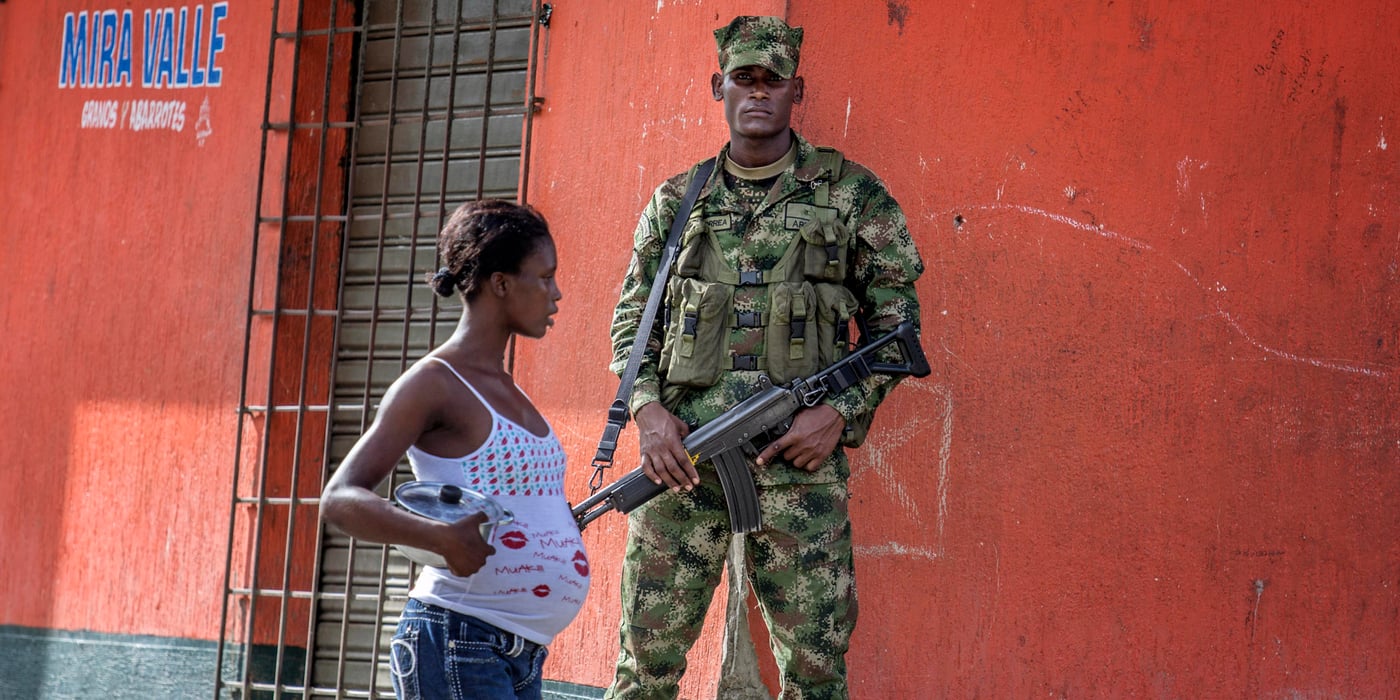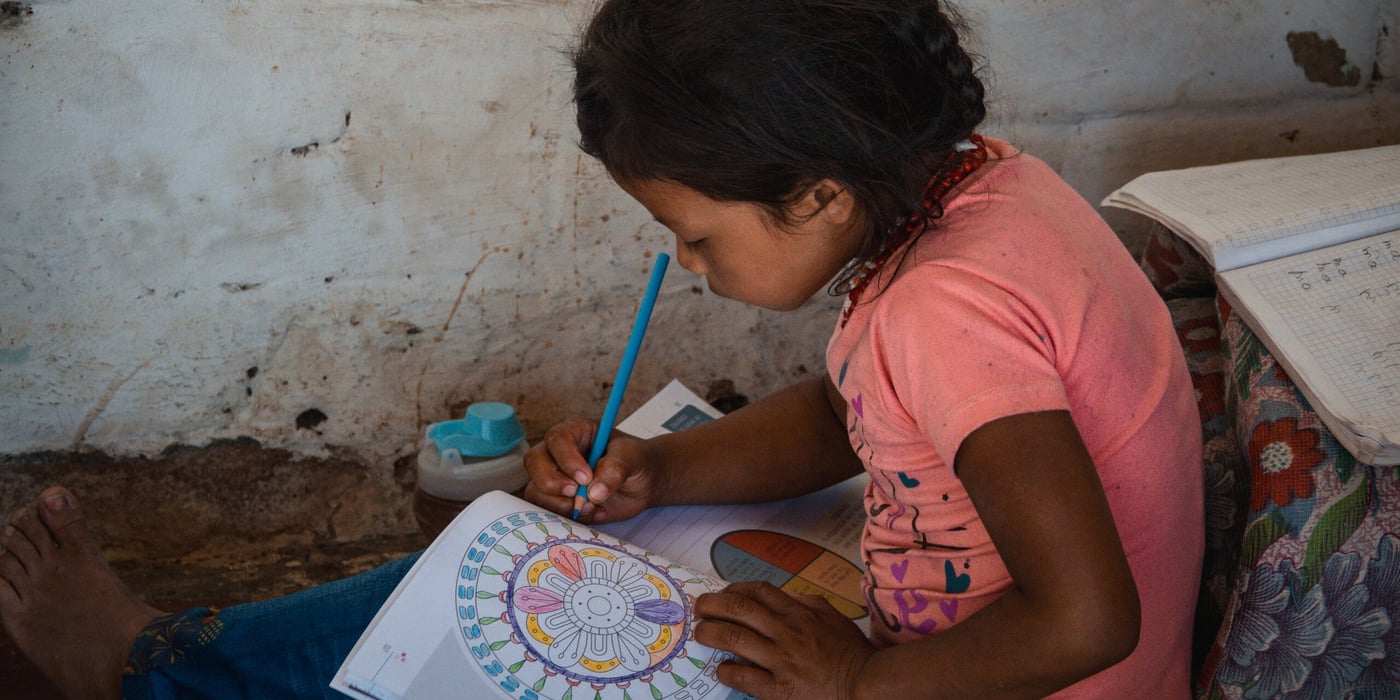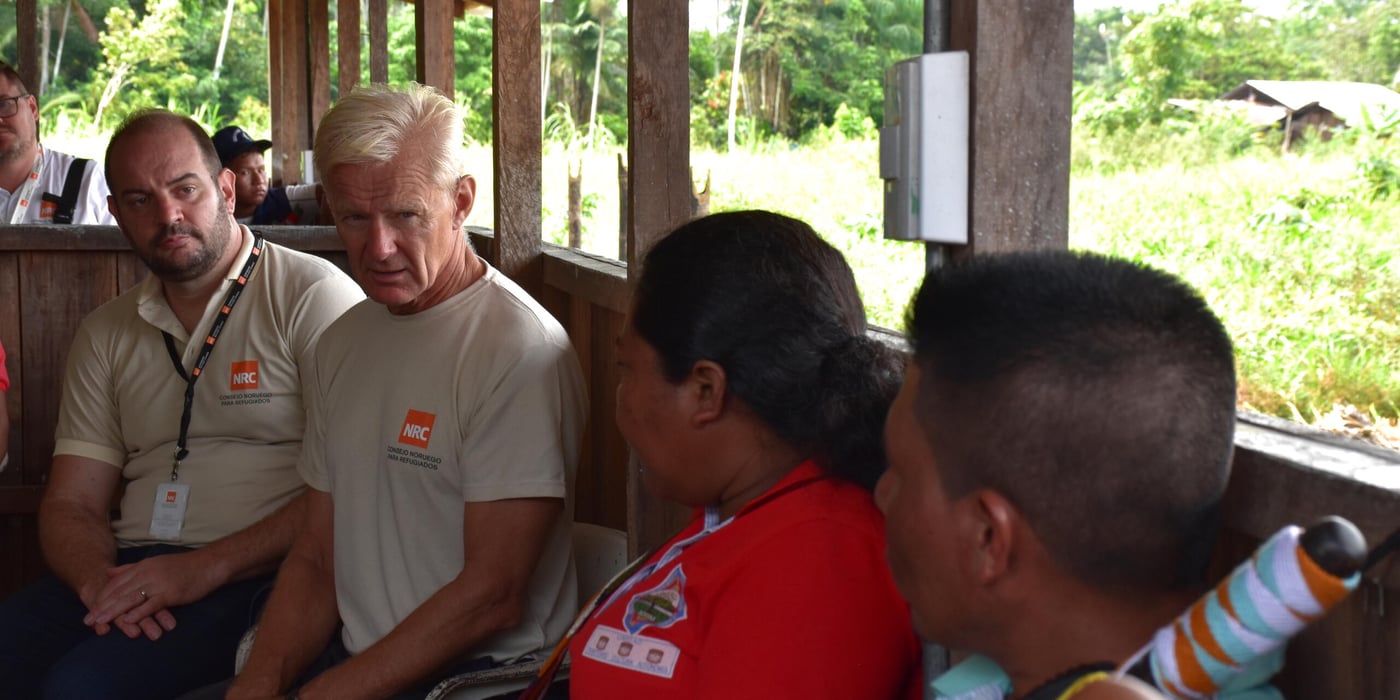
“This is a major setback for all those who have worked hard on the peace process,” says Christian Visnes NRC Country Director in Colombia.
There is hope
Both President Santos and FARC's leader Timochenko have previously stated that there was no ‘plan B’ if the referendum would end with a rejection of the negotiated peace agreement. Yet there is hope. President Santos has now summoned all political parties to an emergency meeting. He stated that the talks with FARC in Cuba should be resumed, and that the existing ceasefire agreement between the FARC and the government will be maintained.
“Although the no-side won the polls, that choice is practically a dead end,” says NRC Senior Adviser, Richard Skretteberg. “Besides, the turnout was very low, and 175,000 votes were rejected. This gives President Santos some space to manoeuvre, although the result is a painful setback. Both parties have signalled very clearly that they will continue the talks. This is positive, but the road going forward will be a hard one.”
The prospect of continuing the war and the likely terrible impact of hundreds of thousand of new displaced is a very bleak one. The regions most affected by the war voted mostly in favour of the peace agreement, while many cities, except Bogota, voted against.
Not against peace
The no-side said following the referendum that they are not against peace, but want adjustments of specific components of the agreement. Two particular points of the negotiated peace agreement are disputed: One is that FARC could be given a seat in congress without being elected, the second concerns transitional justice, where many people find that the suggested penalties are too low.
“There is only one solution to the Colombian conflict, and that is through political negotiations. The war has had devastating impacts on civilians, including the 7 million displaced from their homes,” says Christian Visnes. “It is now crucial to maintain a climate that allows for the negotiations to re-start as soon as possible.”



